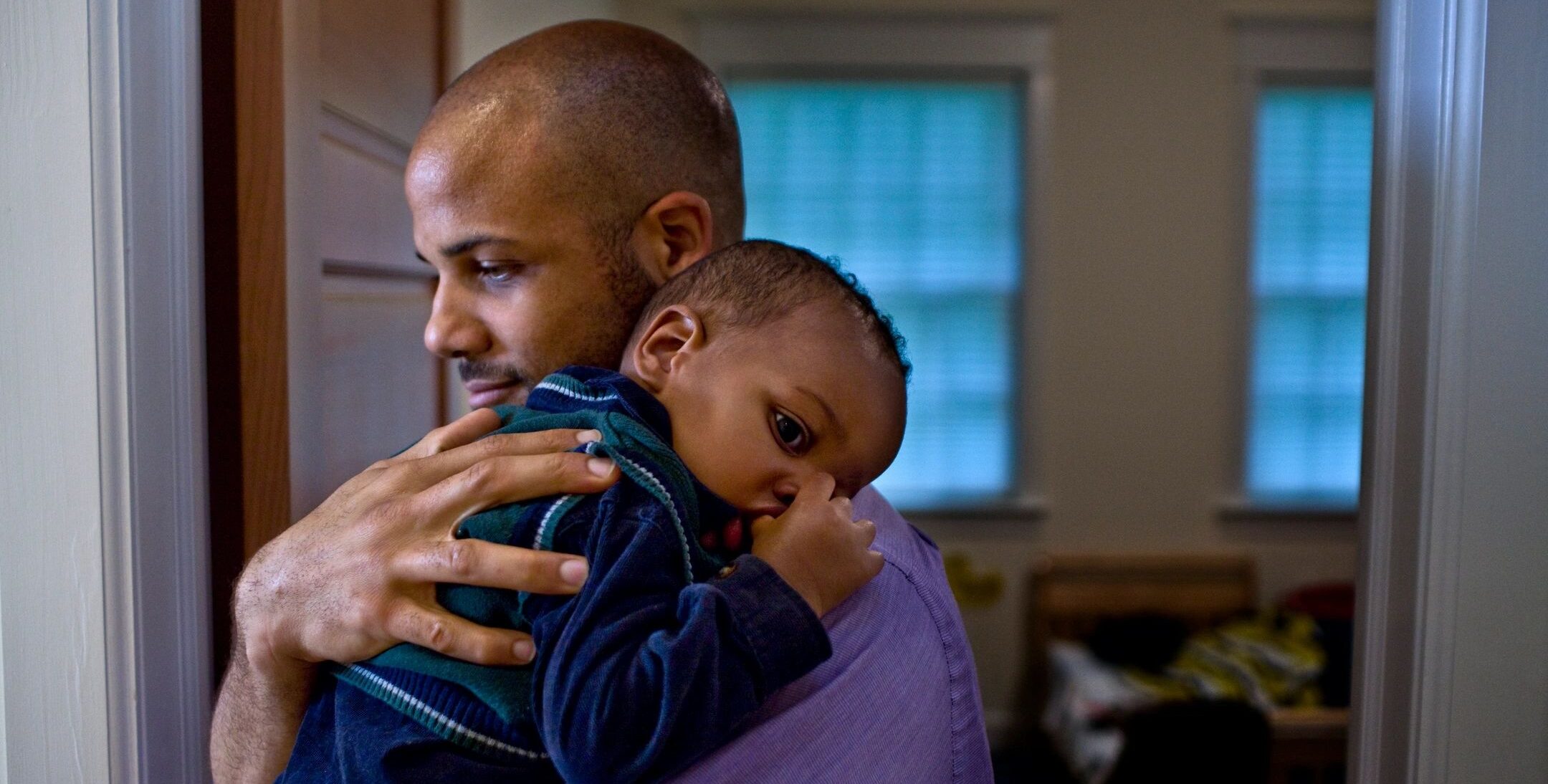Understanding emotions is a key part of children’s development, and parents play an essential role in helping kids navigate their emotional world. The study “Parents’s Beliefs About Emotions and Children’s Recognition of Parents’ Emotions” by Julie C. Dunsmore and colleagues (2009) provides insight into how parents’ beliefs about emotions can influence their children’s ability to recognize emotions. This article examines the emotional dynamics between parents and children and the role gender plays in emotional expression within families.
The Study
The research explored 40 parent-child pairs and looked at how parents’ beliefs about emotions, such as viewing emotions as dangerous or as a tool for guidance, affected both their emotional experiences and the way they expressed emotions in front of their children. Additionally, the study measured how well children could recognize their parents’ emotions.
Interestingly, the findings highlight that fathers, more than mothers, tended to mask their emotions, making it harder for both children and outside observers to detect their feelings. This tendency to hide emotions was linked to certain parental beliefs – particularly the idea that emotions are risky or should be controlled. For fathers, clearer emotional expressions were tied to children being more skilled at recognizing emotions. Meanwhile, when parents, especially mothers, strongly believed in guiding their children’s emotional development, children were less accurate in recognizing emotions.
Key Insights for Parents
- Parental Beliefs Shape Emotional Expression: Parents’ view on emotions – whether they see them as helpful or dangerous – can shape how openly they express their emotions in front of their children. Parents who believe that emotions are dangerous tend to mask their feelings, which can make it harder for children to understand and relate to their emotional cues.
- Gender Differences in Emotional Expression: Fathers in particular were found to mask their emotions more than mothers, making it harder for children to recognize their emotional states. This highlights the importance of encouraging all parents, regardless of gender, to be more expressive in front of their children to foster emotional intelligence.
- Balancing Emotional Guidance and Expression: While guiding your child’s emotional development is important, being too direct about emotions might unintentionally hinder their ability to accurately recognize emotions. Striking a balance between providing guidance and allowing children to experience and interpret emotions on their own is crucial.
Implications for Parenting
This study emphasizes the importance of parents being mindful of their own beliefs and behaviors surrounding emotions. For parents, creating an open environment where emotions are expressed and discussed can enhance children’s emotional recognition skills and strengthen the parent-child bond. Encouraging both mothers and fathers to engage in healthy emotional expression can have lasting benefits for a child’s socio-emotional growth.
If you are a parent looking to support your child’s emotional development, consider reflecting on your own beliefs about emotions. How comfortable are you with expressing feelings in front of your child? By modelling openness and emotional clarity, you can help your child learn to navigate their own emotional world with confidence.
Need some support? Listen to the Curious Neuron Podcast, follow us on Instagram or join our membership (The Reflective Parent Club) for personalized support from our team!
Enjoyed this topic? Here are some more resources to help you out!
-
Why Hiding Your Emotions From Your Kids Might Not Be the Best Idea (HERE)
-
Understanding and Supporting Your Child’s Emotion Regulation (HERE)
-
Emotional Intelligence: Building a Home Where Emotions Thrive (HERE)
-
Confidently help your child manage their emotions with Dr. Tina Montreuil (Listen here)
-
Social anxiety vs shyness with Dr. Cara Goodwin (Listen HERE)
References:
Dunsmore, J. C., Her, P., Halberstadt, A. G., & Perez-Rivera, M. B. (2009). Parents’ beliefs about emotions and children’s recognition of parents’ emotions. Journal of nonverbal behavior, 33, 121-140.














